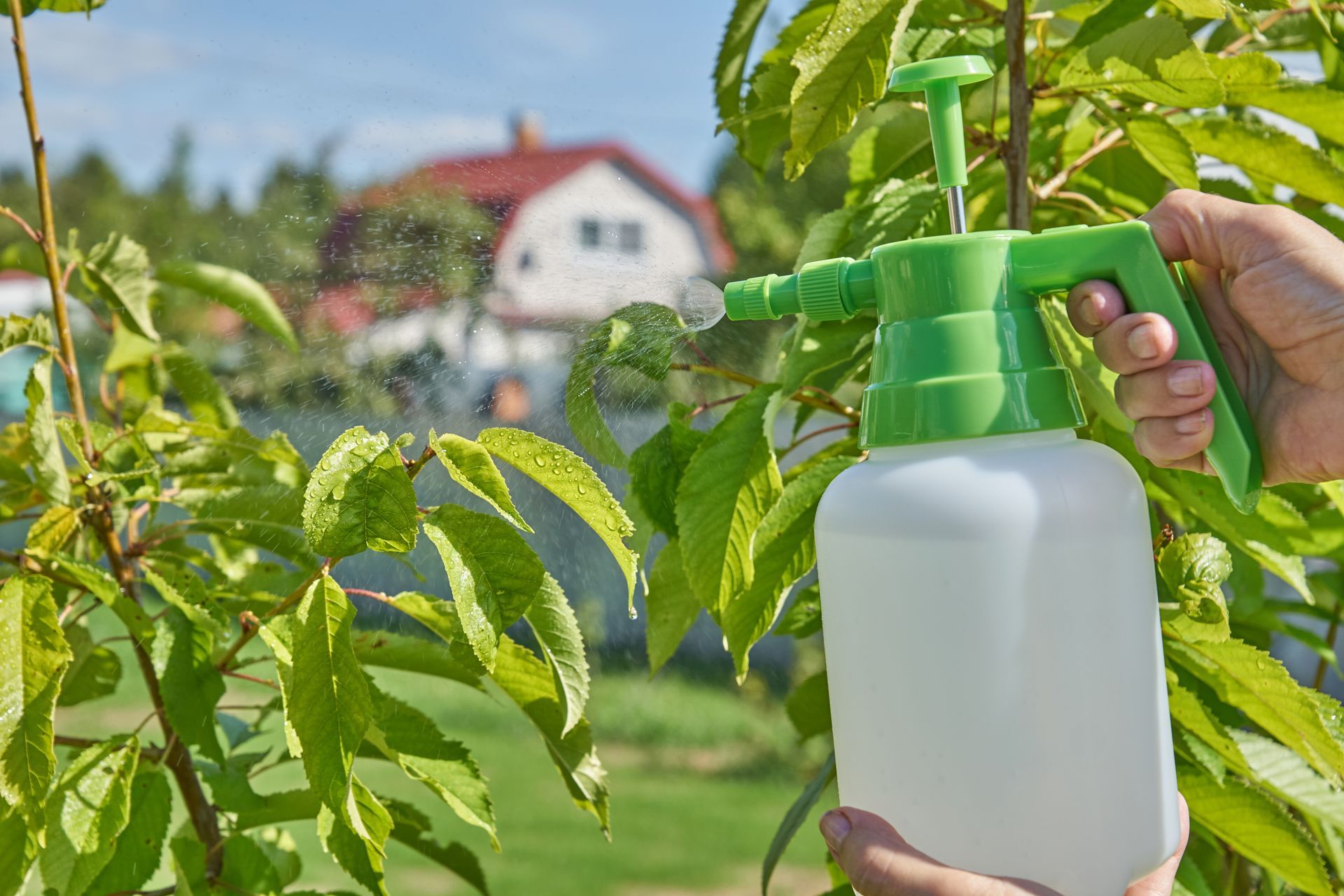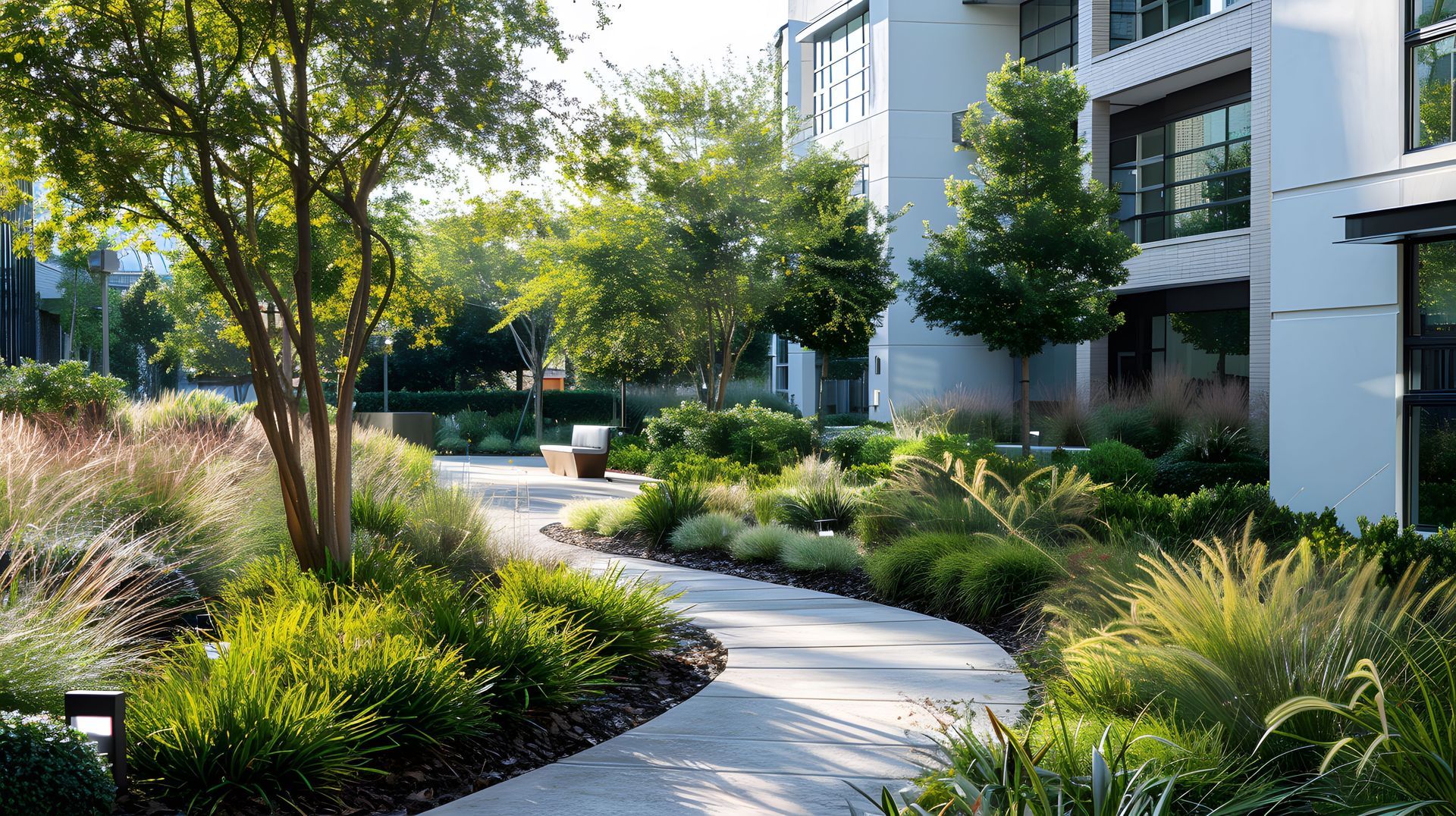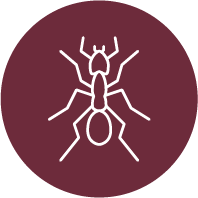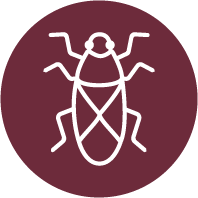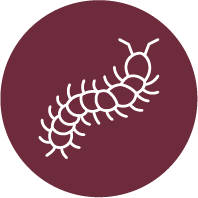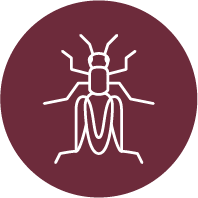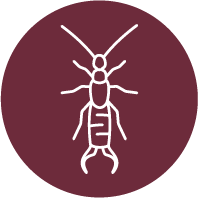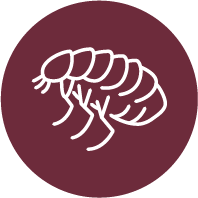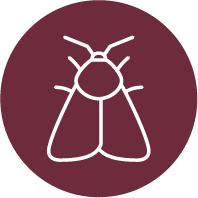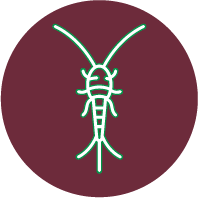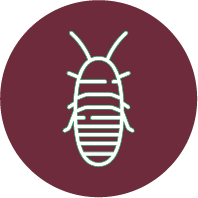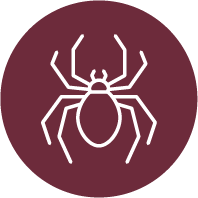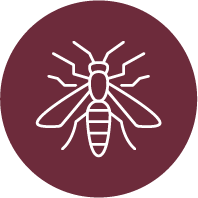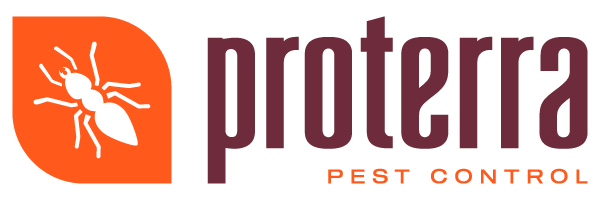Technology and Modern Pest Control Methods
In recent years, the pest control industry has made significant strides, largely due to cutting-edge technology. From electronic traps to drones, technology has fundamentally changed how we address pests. Here we will explore the role of technology in contemporary pest control methods.
Electronic Traps
These days, electronic traps have been growing in popularity due to their effectiveness and humane nature. With no need for chemical use, these traps are a great option when it comes to rodent and pest control. How do they work? The high voltage shock will be released as soon as the pest enters the trap - that simple! What's more, is that many models can even connect to your smartphone so you'll get notifications when pests have been captured. All of this makes electronic traps incredibly easy-to-use, making them an ideal choice for trapping rodents or other pests around your home.
Smart Pest Control Systems
The pest control industry is being revolutionized by the introduction of smart systems. Through these intelligent devices, sensors and cameras are utilized to recognize all types of pests within seconds, then targeted treatments can be automatically administered with no human contact necessary. These efficient solutions are especially beneficial for large commercial businesses that would otherwise require extensive labor hours in carrying out traditional methods such as manual surveying and spraying.
Drones
By leveraging drones, pest control has become more precise and effective. Equipped with cameras and sensors, these devices are able to detect pests in large areas – from agriculture to forestry - much faster than other traditional methods. Rather than having someone manually treat each area one by one, a single drone can spray pesticides or other treatments from the air for broader coverage at once. This allows for far greater efficiency when dealing with widespread infestations.
Biological Control
Biological control is a powerful, eco-friendly approach to pest management that relies on living organisms. Predators, parasites, or pathogens are all effective methods of controlling pests in an environmentally responsible way. Thanks to advances in biotechnology, the latest biological control techniques are more efficient and easier to use than ever before!
Data Analytics
With the help of technology, data analytics has revolutionized pest control. By utilizing predictive analysis, organizations involved in pest management can track and identify population levels while determining the most efficient remedies to each problem. This approach not only saves valuable time but also money for both the pest control companies as well as their customers.
Technology has transformed the pest control industry, providing more efficient, precise, and humane ways to control pests. Electronic traps, smart pest control systems, drones, biological control, and data analytics are just some of the many ways that technology has improved pest control methods. With the ongoing advancements in technology, we can expect to see even more innovations in the future, making pest control more effective, environmentally friendly, and cost-effective. Ultimately, the role of technology in pest control is helping to create safer and healthier environments for people and their communities.
